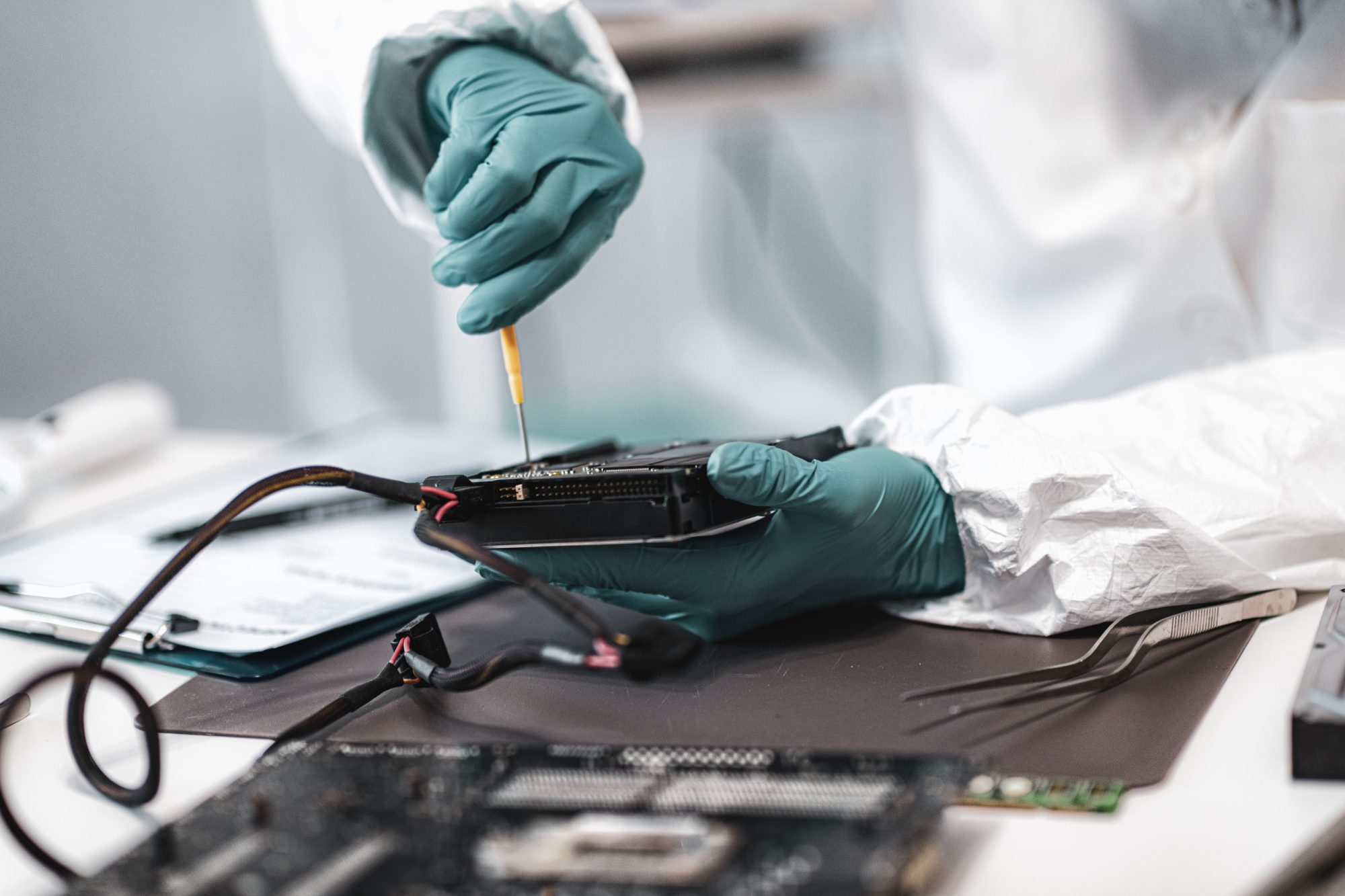Sean Millwaters, VP Sales EMEA, Cellebrite, discusses how South Wales Police is transforming law enforcement by leveraging smart technology and digital intelligence to protect and save lives
Digital forensics has undergone massive changes in local policing during the past few decades. While today’s officers benefit from much better communications and investigative tools such as smartphones and digital intelligence solutions, criminals are, on the other hand, increasingly taking advantage of sophisticated technology.
To stay ahead of the offenders, the South Wales Police digital forensics team must constantly challenge themselves with ongoing training to keep their digital skills razor-sharp.
Digital intelligence technology adds dimension and speed to South Wales policing investigations while providing directional signposts so investigators can accelerate the path to justice. Digital Intelligence is the data collected and preserved from digital sources and data types – such as smartphones, computers, and the cloud – and the process by which agencies collect, review, analyse, manage, and obtain insights from this data to run their investigations more efficiently.
The vast network web of our mobile phones
If there is an emblem for what’s changed in policing in the past 30-odd years, it’s the mobile phone.
Each year, the South Wales Police forensic team will analyse thousands of devices, the vast majority of which are phones, to uncover not just text messages and photos but the device owner’s connections to their communities and what they can offer to an investigation.
Examining a mobile phone can delve into parts of someone’s life that are not immediately available or obvious
Examining a mobile phone can delve into parts of someone’s life that are not immediately available or obvious – secrets even their family may not know. Every phone device has the potential to provide information about the user, including their relationships with their communities and what they may contribute to an inquiry, in addition to text messages and images. Examining a person’s phone can reveal details about their life that are not immediately apparent or accessible — secrets that even their family may not know.
But with the power to investigate a device comes responsibility. There are strict laws on how data is lawfully collected under a warrant, how devices are handled to protect digital privacy, and how quickly they can be returned to citizens. Smart technology can provide directional strategies from devices and the ability to preserve evidence according to law – intended to protect and save lives and accelerate justice.
The digital transformation of society has also added to the complexity of investigations. The policing challenge years ago was geographical and involved street corners or areas, for example. Now, the challenges posed are far more digital; for example, who knows who and where suspects have been? Many of these data points can be unearthed digitally, and it’s just doing so in the correct order.

Overcoming encryption and workload challenges
Technology must work alongside forensic examiners and law enforcement officers to address the high digital workload volume. The police force has created a tiered system for analysing devices and deploying technology that offloads some of the burdens of collecting and analysing Digital Intelligence to address this challenge.
Although South Wales Police Digital Intelligence knowledge is improving daily, more challenges remain for the digital forensics unit, as they must grapple with more encrypted devices, for example.
Encrypted devices require upskilling and constant training to bypass. South Wales Police are developing their capability and knowledge by working closely with various partners, academia, and forensic partners like Cellebrite to solve advanced pins and passcodes.
Keeping up with the rapid pace of digital transformation
A clear roadmap and strategy for where phones, computers, and the IoT are headed is vital to prevent South Wales Police from stagnating. Undoubtedly, the amount of data we all hold on phones and other devices is rising. A terabyte is standard for a phone, and for examiners, this could be very time-consuming to read through.
However, with more advanced technology, examiners may better target their searches for increased productivity since they can tailor searches by certain data sets and produce reports that are simple to share.
In keeping with the rapid pace of digital transformation in every part of life, South Wales Police cannot get too comfortable with their current knowledge. It’s all about adding to that storehouse of knowledge and equipping the forensic unit with the tech that helps them apply this knowledge to solving more cases and protecting citizens.
For the digital forensic world to keep updated on the next problem, the next device, and how to problem-solve around all of this.










